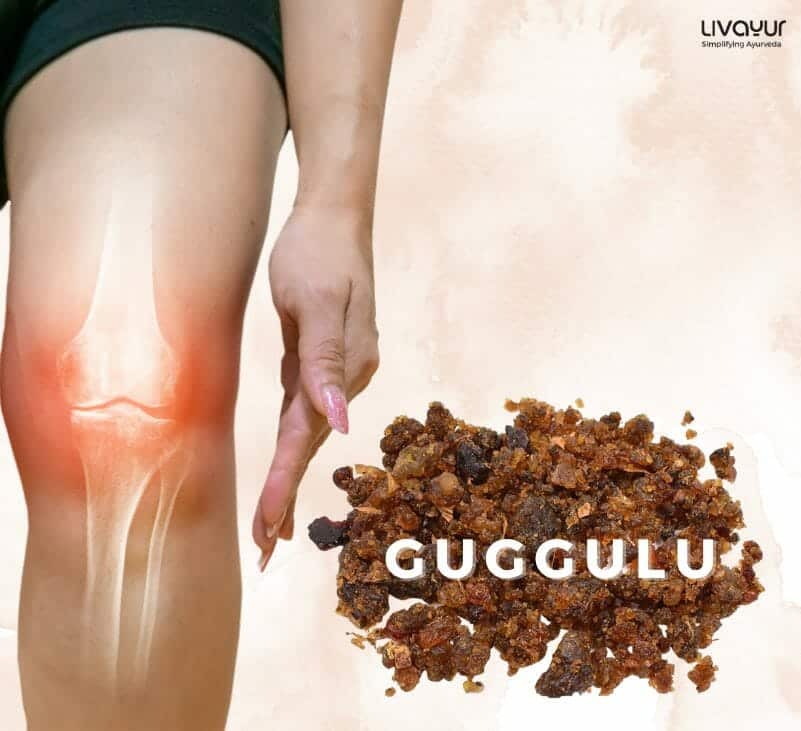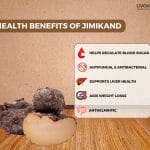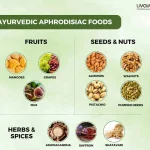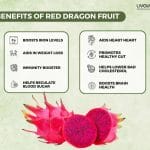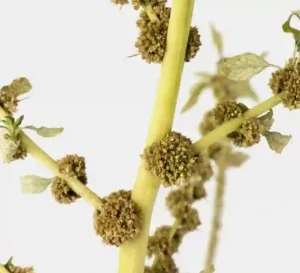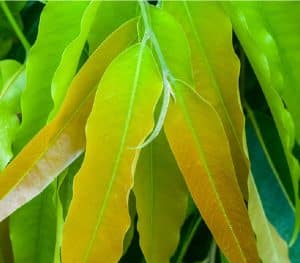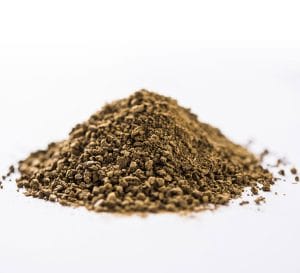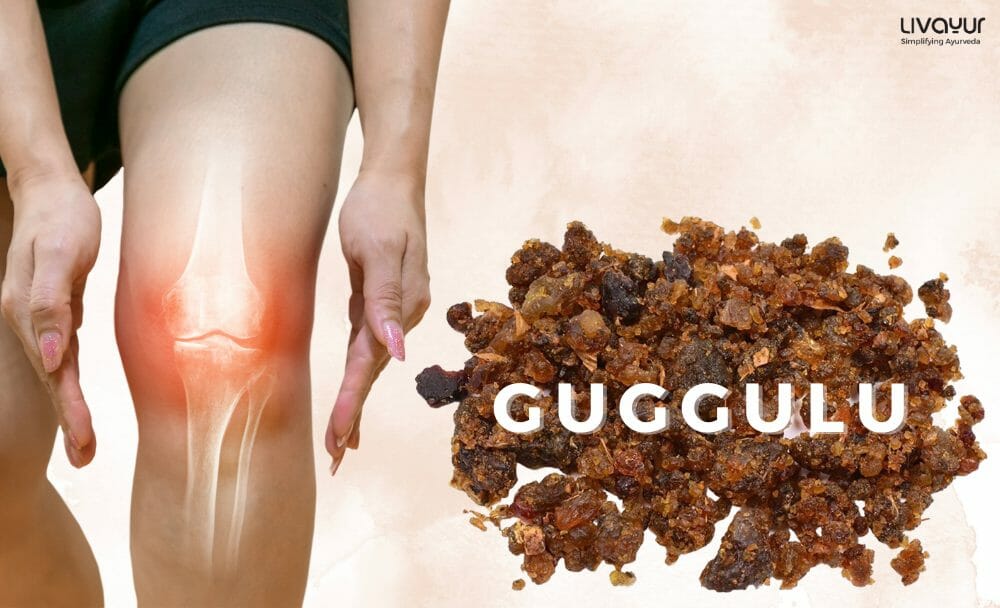
Guggulu or guggul is one of the most important herbal ingredients in Ayurvedic medicine, with a history of use dating back to 1700 BC. Sushrut Samhita, the ancient Ayurvedic sage who is regarded as the Father Of Indian Medicine, described guggul as an effective remedy to treat a variety of health conditions. Today, scientific studies that have examined the efficacy of guggulu gum resin and its formulations such as Gokshuradi Guggulu and Amritadi Guggulu lend support to many of its traditional uses.
Science-Backed Health Benefits Of Guggulu
Promotes Weight Loss

This is perhaps the most popular of all guggulu uses today and unlike many other herbal supplements that are popularized for weight loss, guggulu is proven to be effective. Moreover, guggulu supplementation is regarded as safe even when used for long durations. The herb works by encouraging fat metabolism to reduce the volume of fat cells, which is essential for healthy weight loss. Studies show that guggulu supplementation can also facilitate weight loss by making it easier to avoid overeating.
Controls Cholesterol
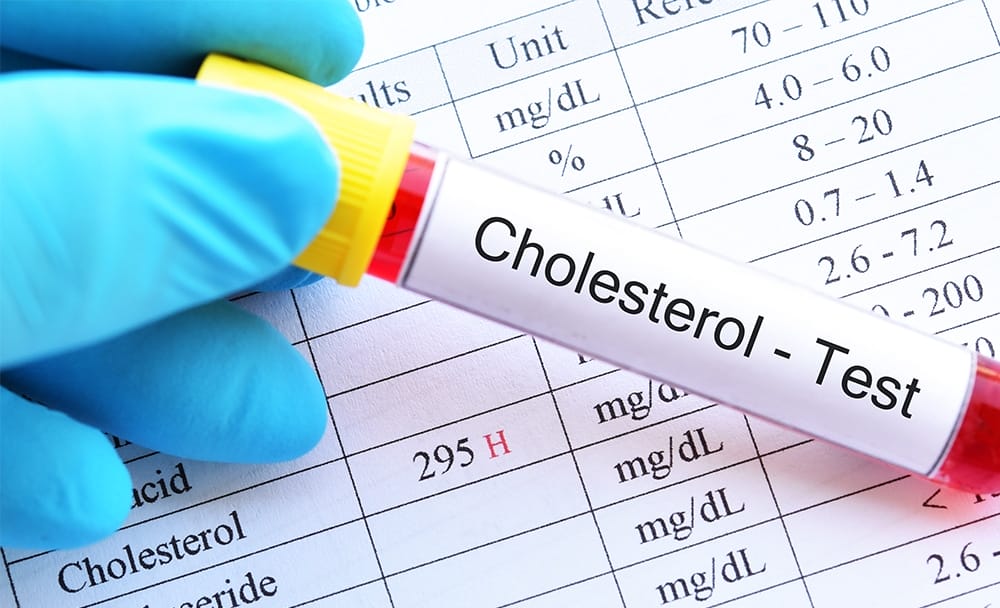
Guggulu is commonly recommended in Ayurveda as a healthy supplement to protect against the risk of heart disease and conditions such as arteriosclerosis. This recommendation is also supported by evidence as guggulu has proven hypolipidemic effects and high cholesterol is known to be a major risk factor for arteriosclerosis and heart disease. Research shows that guggulu can help to lower levels of bad cholesterol or LDL, as well as triglycerides.
Relieves Skin Conditions

Guggulu is sometimes used as a primary ingredient in Ayurvedic skin care treatments because of its anti-inflammatory properties. Creams and ointments containing guggulu have been found to provide relief from psoriasis and eczema symptoms such as itching, irritation, redness and inflammation. However, the ingredient does more than reduce inflammation. Supplementation has been shown to work as a natural treatment for acne, when used for at least 6 weeks.
Improves Thyroid Function
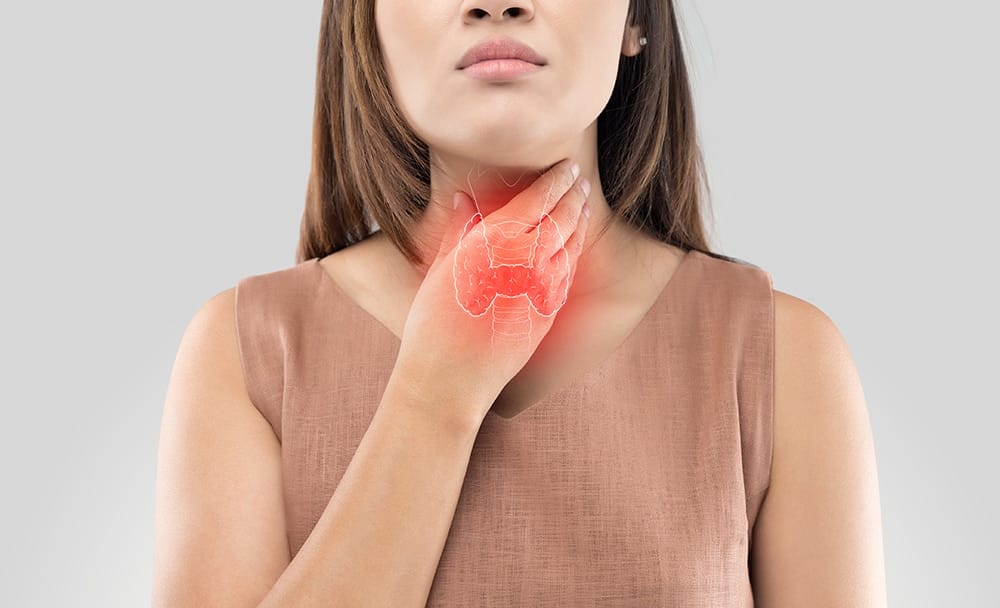
Thyroid disorders can have a significant impact on quality of life, increasing the risk of various complications. Hypothyroidism, a condition in which the thyroid glands don’t produce enough thyroid hormones, is fairly common. While conventional treatments are effective, they pose a risk of side effects. Guggulu works as an effective alternative treatment, as studies show that it improves hypothyroidism control through a variety of mechanisms, including better regulation of thyroid enzyme activity, as well as improved iodine uptake.
Reduces Arthritis Pain

Guggulu has been traditionally used in Ayurveda as a treatment for arthritic joint diseases, most notably, for osteoarthritis. The herbal supplement can help to relieve symptoms of the debilitating condition, improving quality of life. Studies in patients with knee osteoarthritis have found guggulu to be effective at reducing pain and swelling, which also improves mobility. Guggulu supplements for osteoarthritis were also found to be free of any significant side effects.
Could Support Cancer Treatment
Although guggulu is not prescribed or recommended as a cancer treatment, it may help to lower the risk of some forms of cancer and can also support conventional cancer treatments. The main phytosteroid found in guggulu, called guggulsterone, has been found to increase chemosensitivity to some medications used to fight drug-resistant breast cancer cells. This can reduce drug dependence and dosages, lowering the risk of side effects from chemotherapy.
When it comes to the uses of guggul, Ayurveda gives us very clear insights based on observations made over millennia. These traditional uses are now supported by modern science, giving us a better understanding of the herb’s efficacy. In most cases, it is advisable to use a 400-500 mg dose at least thrice a day for best results. If you suffer from any pre-existing condition and are on any medications, make sure to speak to an Ayurvedic physician before you begin supplementation.
References:
- https://onlinelibrary.wiley.com/doi/full/10.1038/oby.2007.24
- https://www.jpgmonline.com/article.asp?issn=0022-3859;year=1995;volume=41;issue=1;spage=5;epage=7;aulast=Bhatt
- https://www.tandfonline.com/doi/abs/10.3109/19390211.2015.1118654?journalCode=ijds20
- https://www.ncbi.nlm.nih.gov/pmc/articles/PMC4235203/
- https://ijdvl.com/oral-gugulipid-in-acne-vulgaris-management/
- https://www.ncbi.nlm.nih.gov/pmc/articles/PMC6087759/
- https://onlinelibrary.wiley.com/doi/10.1002/ptr.1602
- https://pubmed.ncbi.nlm.nih.gov/12622457/
- https://pubmed.ncbi.nlm.nih.gov/21282948/




